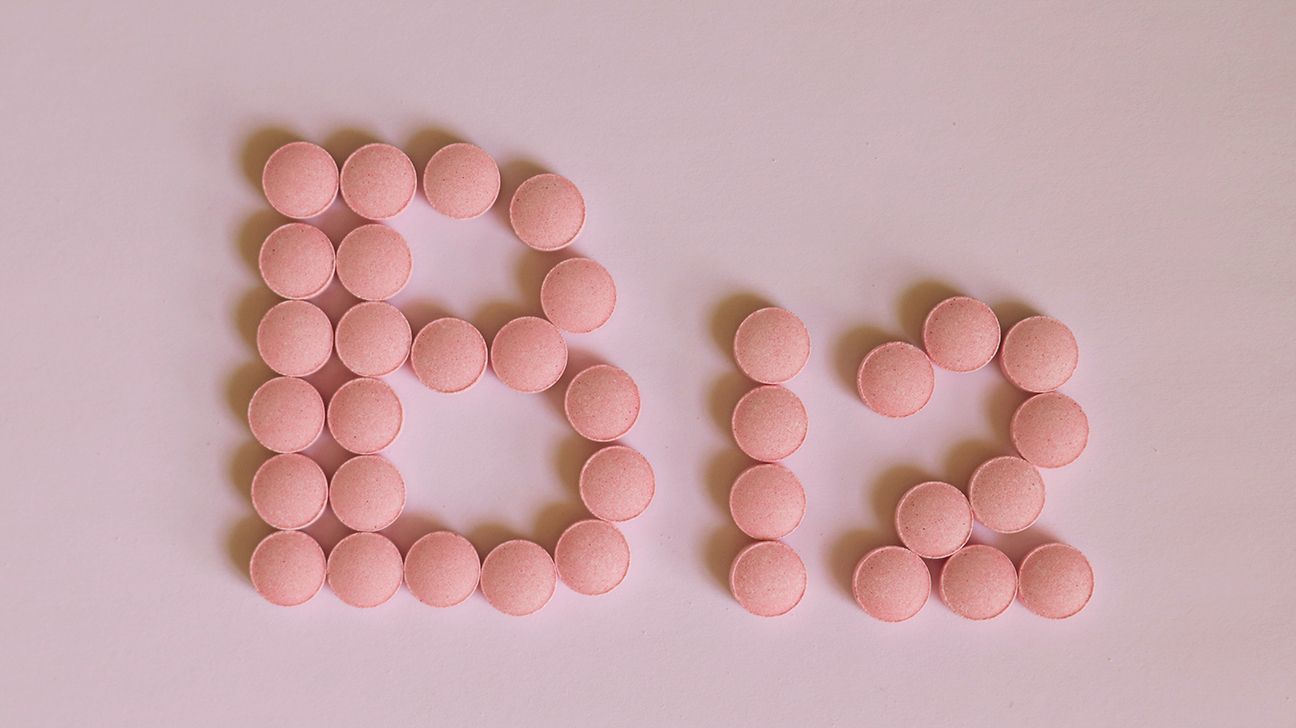If you have kidney disease, speak with your doctor or healthcare professional before taking vitamin B12. Depending on the current health of your kidneys, there may be risks and benefits to taking B12.

All the different vitamin and mineral supplement options can feel like a confusing alphabet game. Typically, a balanced diet can provide most of the vitamins and minerals you need, but especially if you have a health condition, your doctor may recommend supplements.
Vitamin supplements can be helpful if you have kidney disease because special diets, dialysis, medications, and the buildup of wastes in the body can affect vitamin and mineral levels in your body.
However, not all vitamin supplements are helpful if you have kidney disease. Your doctor may recommend taking vitamin B12, but they may also advise against taking supplements with very high concentrations of vitamin B12.
Kidney disease can affect the ability to metabolize vitamin B12. Dietary changes, medication interactions, and dialysis can also contribute to developing a deficiency in this vitamin.
Research suggests the use of vitamin B12 supplements in those with kidney disease and a B12 deficiency, but fully understanding the risks and benefits of regular supplemental B12 in those without a deficit still requires more research.
It’s important to talk with a healthcare professional about the exact amount of vitamin B12 you may need to take and avoid taking large doses at one time.
Typically, excess vitamin B12 exits the body through urine and does not pose serious toxicity concerns. However, there is some
People with kidney disease may also experience a buildup of cyanide in their body due to the formulation of B12 cyanocobalamin, a synthetic form of B12 found in some vitamin B supplements.
Some B12 supplements may also include aluminum, which is more likely to build up in the body when someone has kidney disease.
More research in this area is needed to further understand the effects of taking B12 if you have kidney disease.
One reason why folate and vitamin B12 are given together is because taking only one of these may hide a deficiency in the other. So, if you take only folate, you might not know if you are low in vitamin B12, and if you take only vitamin B12, you might not know you are low in folate.
Another reason for taking both folate and vitamin B12 is to lower homocysteine levels. Homocysteine is an amino acid. It is typically broken down when your body uses B vitamins for other functions in your body.
Hyperhomocysteinemia, or having extra homocysteine in the body, is common in those with kidney problems since their kidneys don’t function as well. A variety of serious health conditions are associated with elevated homocysteine, including:
Is vitamin B12 hard on the kidneys?
What is the best vitamin to take for kidney disease?
A variety of water-soluble vitamins can be useful if you have kidney disease. Your doctor may recommend renal vitamins that include B1, B2, B6, B12, folic acid, niacin, pantothenic acid, biotin, and vitamin C. Always speak with your doctor before taking any new supplements if you have kidney disease.
How do you stop kidney disease from progressing?
If you have kidney disease, it’s important to treat any underlying health conditions like high blood pressure or high blood sugar. Eating a kidney-friendly diet, exercising, and taking any medications your doctor may prescribe as directed are also important steps for your health.
Your doctor may recommend taking a supplement with a variety of water-soluble vitamins, including B12, if you have kidney disease, especially if you have risk factors for becoming B12 deficient. If you do take a supplement with vitamin B12, your doctor may recommend that it also include folate.
Even if you take supplemental vitamins, it’s important to follow dietary recommendations from your doctor if you are diagnosed with kidney disease. It’s also important to take your other medications according to your doctor’s recommendations to help prevent further damage to your kidneys.

